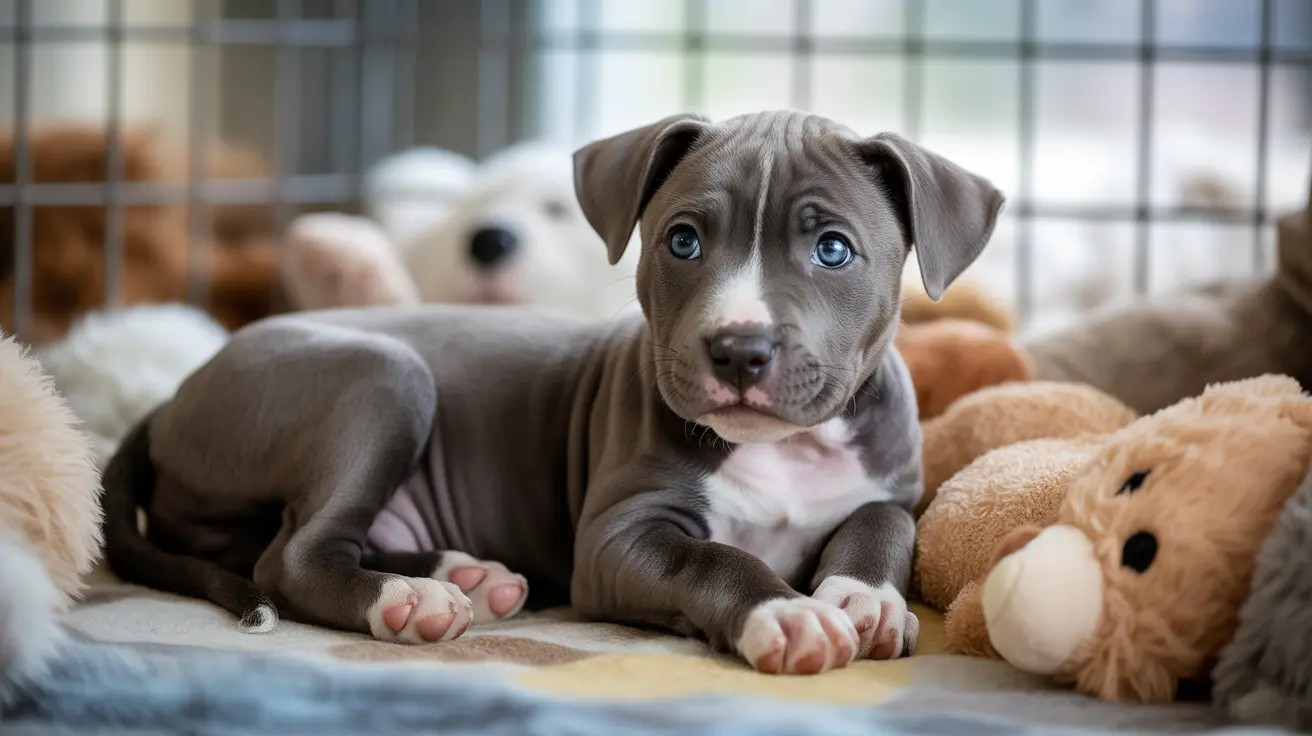How Do Cats Feel on CBD? A Comprehensive Guide for Pet Owners
Cannabidiol (CBD) has emerged as a popular supplement not only for humans but also for pets, including cats. Derived from the hemp plant, CBD interacts with the endocannabinoid system (ECS), which plays a role in regulating various physiological processes such as pain, stress, and inflammation. Although research into CBD's effects specifically on felines remains sparse, both anecdotal reports and emerging studies suggest potential benefits for our feline companions.
Understanding CBD and Its Difference from THC
CBD is different from marijuana in that it contains very low levels or none of tetrahydrocannabinol (THC), the psychoactive compound that causes a “high.” THC can be toxic to cats, so it’s critical to use only CBD products that are THC-free or contain less than 0.3% THC.
Potential Benefits of CBD for Cats
CBD is being explored for several health conditions in cats, including:
- Pain Management: Especially useful for cats with arthritis or mobility issues.
- Anxiety and Stress Reduction: Some owners report calmer behavior during stressful events like travel or changes at home.
- Seizure Control: Though more evidence exists for dogs and humans, it may hold potential for cats as well.
- Inflammation: Anti-inflammatory properties may help with chronic conditions.
- Behavioral Issues: May support emotional regulation and mood.
Scientific Research and Safety
One recent randomized, placebo-controlled study administered THC-free CBD oil at 4 mg/kg body weight to healthy adult cats over 26 weeks. The study found that cats generally tolerated the dosage well, showing no major changes in behavior, appetite, or body weight compared to the control group.
Some cats experienced mild elevations in liver enzymes like alanine aminotransferase (ALT), but these were transient and not clinically significant.
Common Side Effects
Although CBD is generally well-tolerated, some mild side effects have been reported:
- Sleepiness or Drowsiness: Especially when beginning supplementation.
- Digestive Upset: Nausea, vomiting, or diarrhea may occur initially.
- Dry Mouth: May result in increased thirst.
Rare adverse effects may include changes in behavior and elevated liver enzymes, particularly in cats with pre-existing liver problems.
Drug Interactions and Precautions
CBD can interact with certain medications, such as:
- Antifungal agents
- Benzodiazepines
- Antidepressants
- Anti-inflammatory drugs
Always consult a veterinarian before starting CBD, especially if your cat is on medication or has a chronic condition.
Selecting the Right CBD Product for Your Cat
Here are some key points to consider when choosing a CBD product:
- Choose pet-specific formulations.
- Ensure products are THC-free.
- Look for third-party lab testing certifications for purity and potency.
- Opt for simple ingredient lists without additives.
- Prefer oils or chews with adjustable dosage options.
Recommended Dosage and Administration
Since there are no official dosing guidelines, start with a low dose of 2–3 mg per 10 lbs of body weight, and observe effects over several days. CBD can be:
- Given orally
- Mixed into food
- Applied to hairless skin areas
Ongoing Monitoring
Because cats metabolize substances differently, regular veterinary checkups are essential—especially if your cat has a history of liver or metabolic issues. If unusual symptoms occur, stop using the product and contact your vet immediately.
Individual Variability
Cats’ responses to CBD can differ. Some may benefit from regular use, while others respond well with occasional dosing during anxiety-inducing events. Be patient and adjust as needed based on your cat's specific needs and reactions.
Conclusion
CBD may be a useful supplement for managing pain, stress, and other conditions in cats, but further research is needed to fully understand its long-term impacts. Always consult your vet before beginning any new treatment, and choose high-quality, pet-safe CBD products to ensure your feline friend stays healthy and happy.





